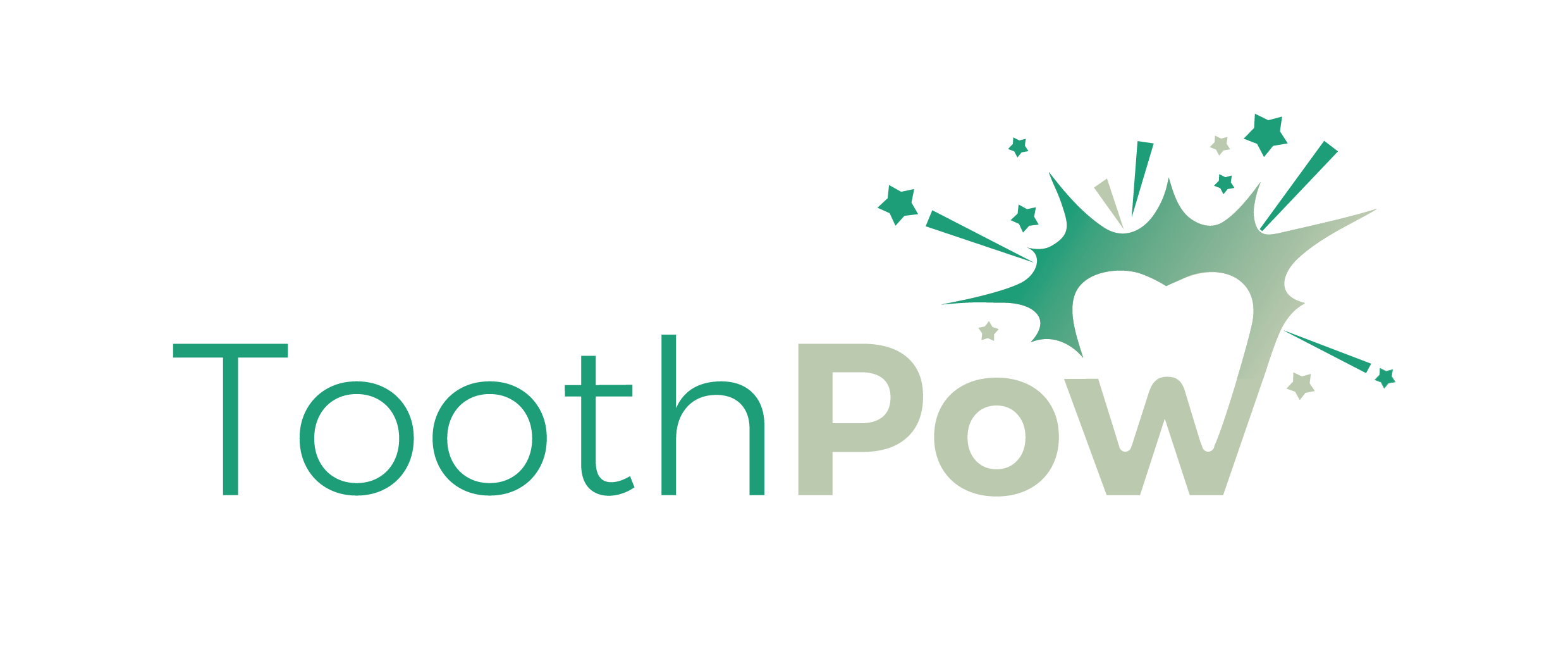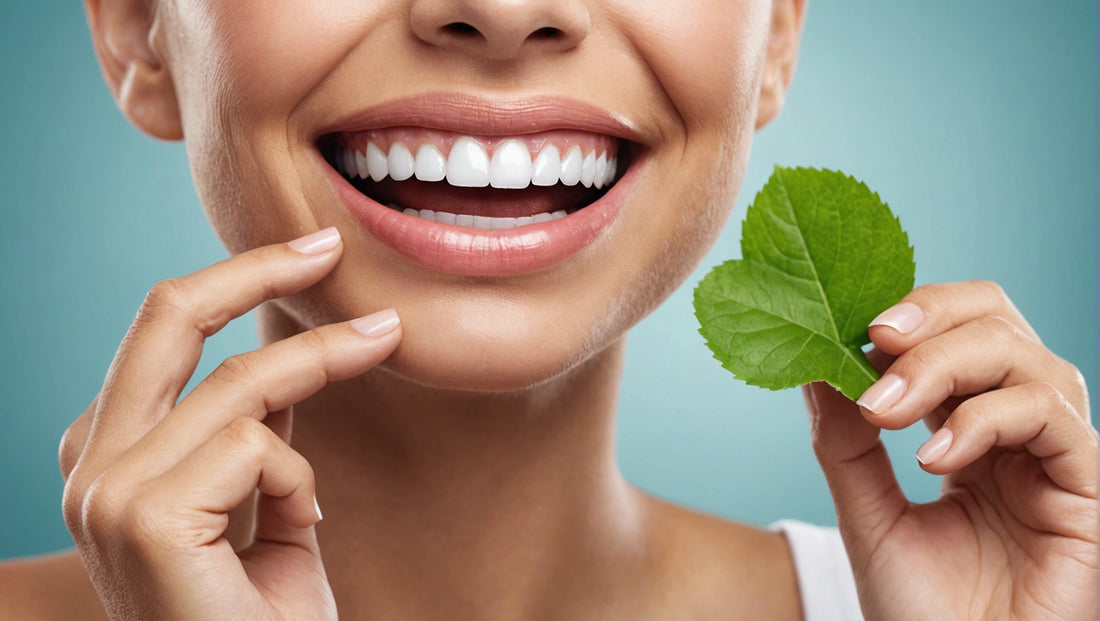10 Dental Care Tips for a Healthy Smile
A healthy smile is a reflection of overall well-being. Proper dental care not only enhances your appearance but also plays a crucial role in maintaining your overall health. Neglecting your oral hygiene can lead to various dental problems such as cavities, gum disease, and bad breath. To help you maintain a bright and healthy smile, here are ten essential dental care tips.
1. Brush Your Teeth Twice a Day
Brushing your teeth at least twice a day is fundamental for good oral hygiene. Use a fluoride-free toothpaste and a soft-bristled toothbrush to gently clean your teeth and gums. Make sure to brush for at least two minutes, covering all surfaces of your teeth. Brushing in the morning removes bacteria and plaque that accumulate overnight, while brushing before bed prevents plaque buildup and tooth decay.
2. Use the Right Toothbrush
Choosing the right toothbrush is crucial for effective cleaning. Opt for a soft-bristled toothbrush to avoid damaging your gums and enamel. Electric toothbrushes can also be more effective in removing plaque compared to manual ones. Replace your toothbrush or toothbrush head every three months or sooner if the bristles become frayed.
3. Floss Daily
Flossing daily helps remove food particles and plaque from between your teeth and under the gumline, where a toothbrush can't reach. Proper flossing prevents gum disease and cavities. Use about 18 inches of floss, winding it around your fingers and gently sliding it between your teeth. Be sure to curve the floss around each tooth and move it up and down to clean thoroughly.
4. Maintain a Balanced Diet
A balanced diet is essential for healthy teeth and gums. Limit your intake of sugary and acidic foods and beverages, as they can erode enamel and contribute to tooth decay. Include plenty of fruits, vegetables, whole grains, and lean proteins in your diet. Foods rich in calcium, such as dairy products, leafy greens, and nuts, help strengthen your teeth and bones.
5. Stay Hydrated
Drinking water throughout the day helps wash away food particles and bacteria that can cause cavities and bad breath. Water also helps maintain saliva production, which is essential for neutralizing acids and protecting your teeth. Avoid sugary and acidic drinks like soda and fruit juices, which can damage your enamel.

6. Avoid Tobacco Products
Tobacco use, including smoking and chewing tobacco, can lead to various dental problems such as gum disease, tooth decay, and oral cancer. It can also cause bad breath and stain your teeth. Quitting tobacco is one of the best things you can do for your oral and overall health. If you need help quitting, seek support from your dentist or healthcare provider.
7. Visit Your Dentist Regularly
Regular dental checkups and cleanings are vital for maintaining good oral health. Visit your dentist at least twice a year for professional cleanings and examinations. During these visits, your dentist can detect and treat any dental issues early, before they become more serious. Professional cleanings remove plaque and tartar buildup that can't be removed by brushing and flossing alone.
8. Protect Your Teeth
If you participate in sports or physical activities, wear a mouthguard to protect your teeth from injury. Mouthguards cushion blows to the face, minimizing the risk of broken teeth, cuts to the lips, and other oral injuries. If you grind your teeth at night, talk to your dentist about getting a nightguard to protect your teeth from wear and damage.
9. Use Mouthwash
Incorporating an alcohol-free mouthwash into your daily routine can help reduce plaque, prevent gum disease, and freshen your breath. Look for a mouthwash that contains natural ingredients such as tea tree oil, xylitol, and essential oils. Mouthwash can reach areas that brushing and flossing might miss, providing an extra layer of protection for your oral health.
10. Practice Good Oral Hygiene Habits
Maintaining good oral hygiene habits is essential for a healthy smile. In addition to brushing and flossing, consider the following tips:
Use a Tongue Scraper: Cleaning your tongue helps remove bacteria and prevents bad breath.
Chew Sugar-Free Gum: Chewing sugar-free gum after meals stimulates saliva production, which helps neutralize acids and wash away food particles.
Limit Snacking: Frequent snacking can increase the risk of cavities. If you need a snack, choose healthy options like fruits, vegetables, and nuts.
Be Mindful of Your Oral Health: Pay attention to any changes in your mouth, such as sensitivity, pain, or bleeding gums. If you notice any issues, schedule an appointment with your dentist promptly.
Conclusion
Maintaining a healthy smile requires consistent effort and good oral hygiene practices. By following these ten dental care tips, you can protect your teeth and gums, prevent dental problems, and enjoy a beautiful, healthy smile. Remember, your oral health is an integral part of your overall well-being, so take the time to care for your teeth and gums every day.


